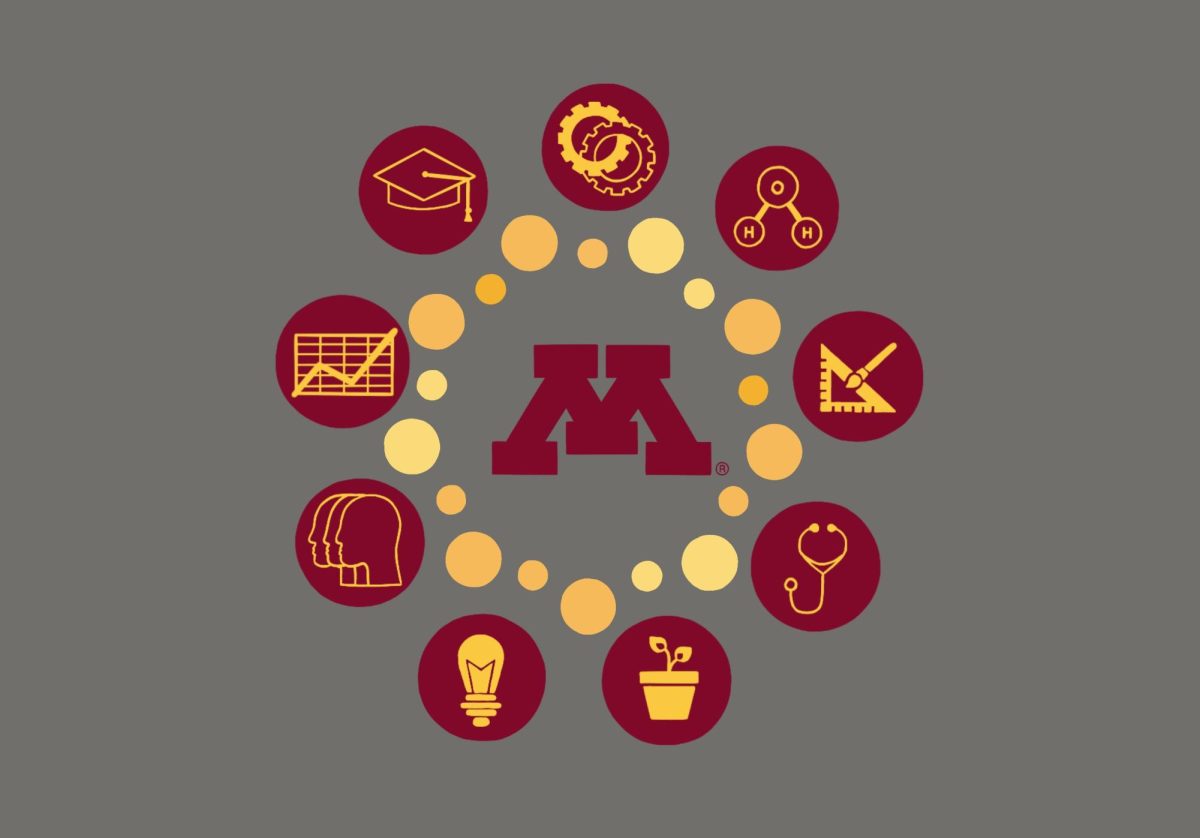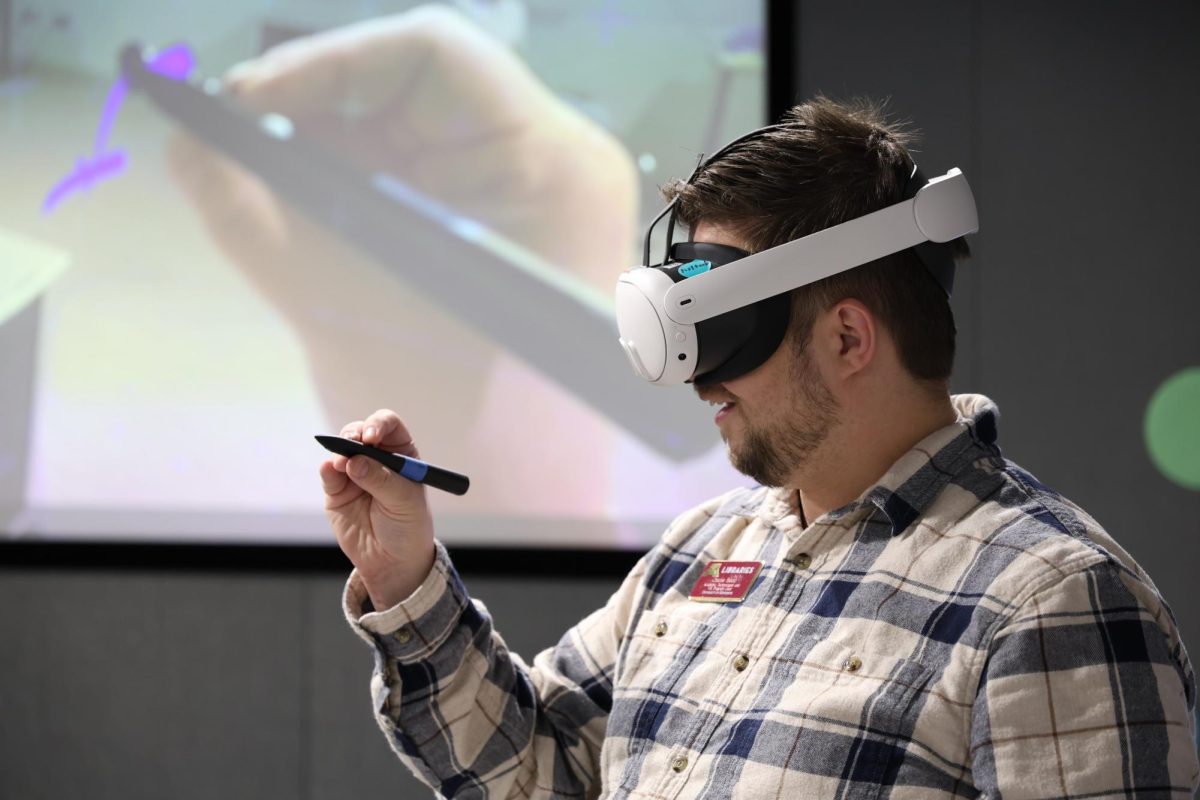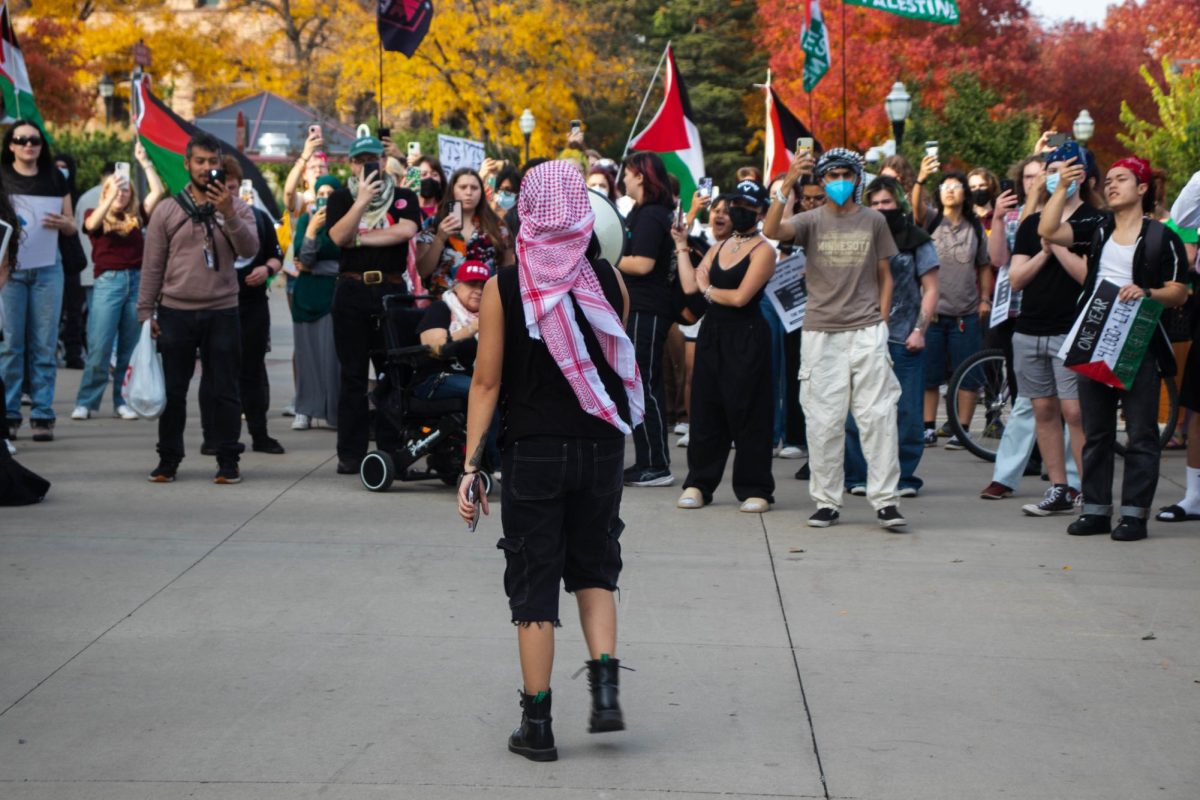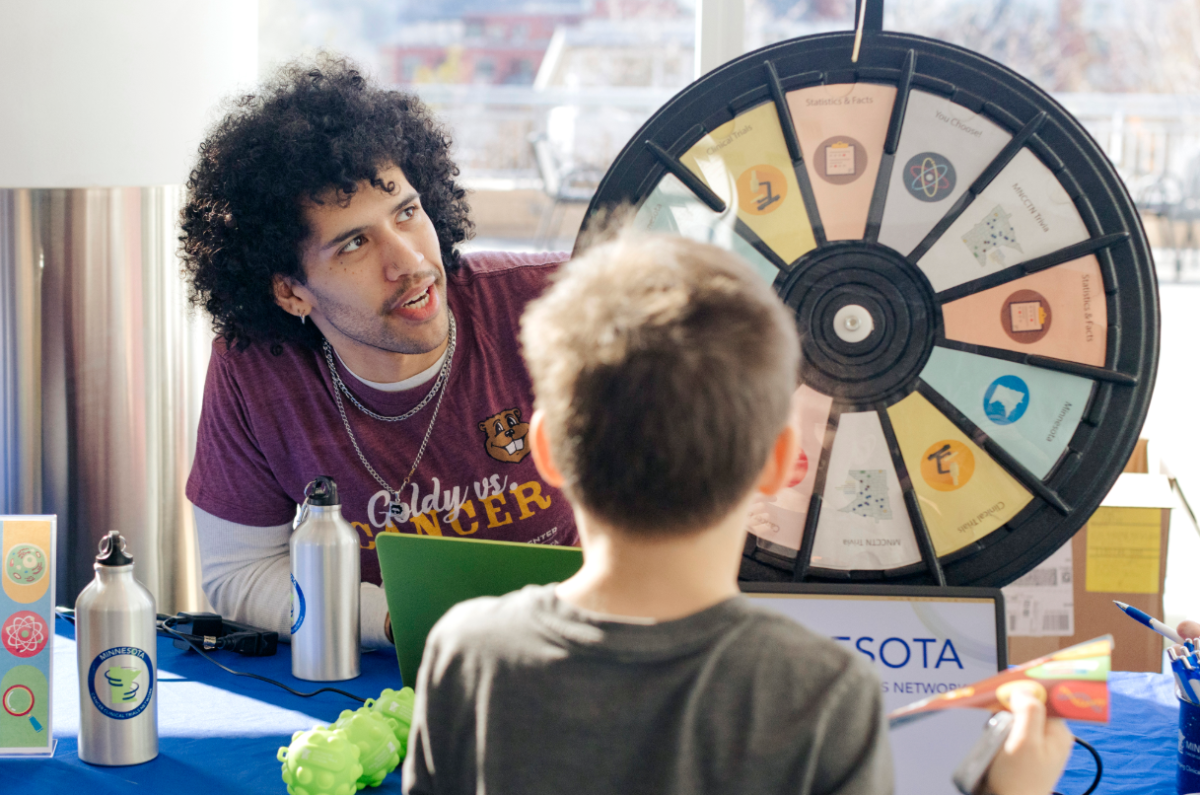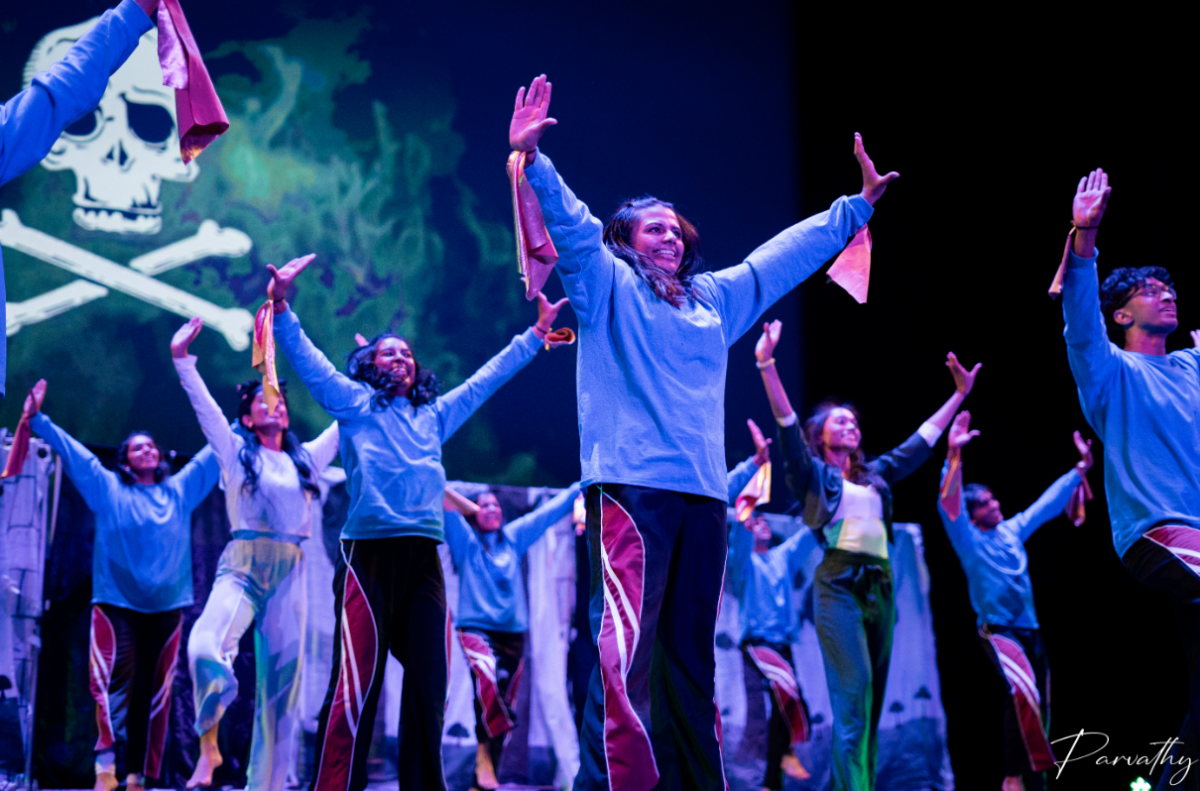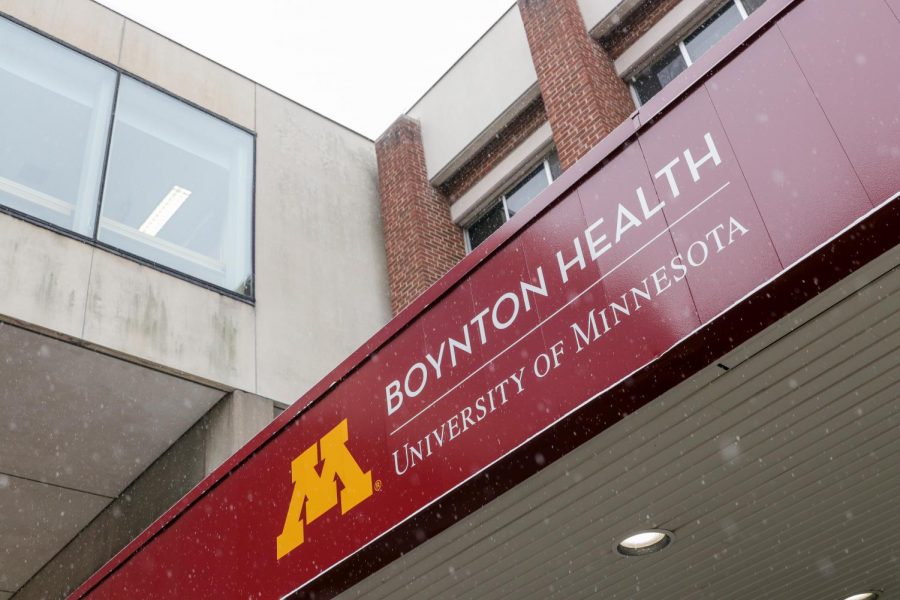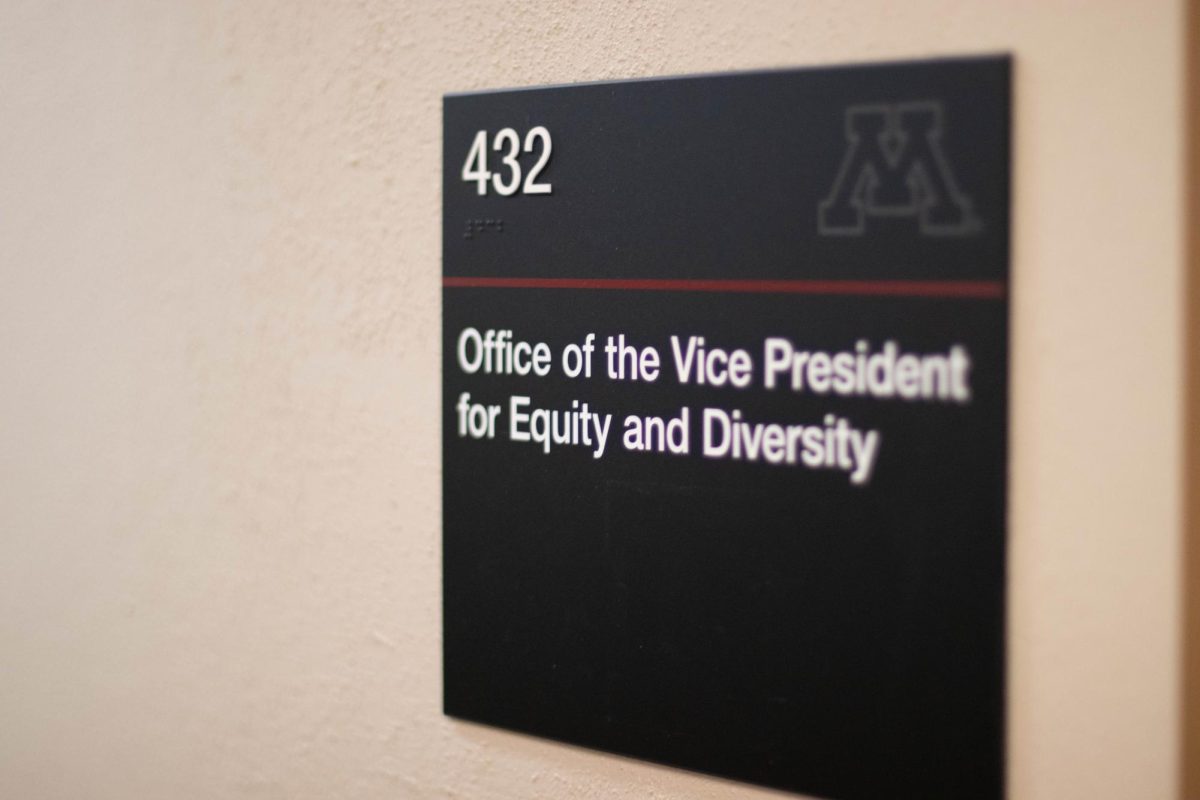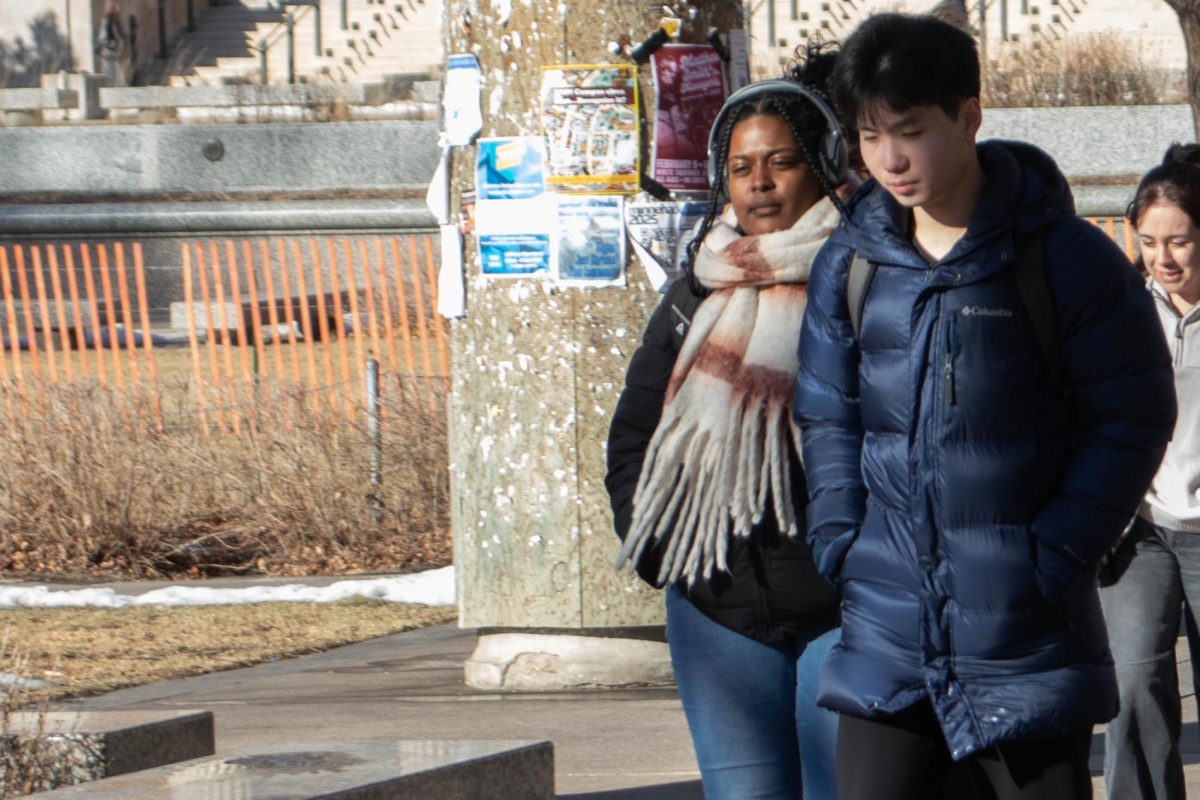Changes are being implemented to different college career centers at the University of Minnesota to get more resources about career and life planning in front of students.
Adding required career courses, the systematic MPact 2025 plan and a variety of different resources based on helping students with their career plans are some of the changes included.
According to Sara Nagel Newberg, the executive director of career services, not every college’s career resources are the same because their needs are different. Newberg said they want messaging and core resources to be delivered to every student regardless of their college.
Newberg added one of the focuses of the University’s career services is figuring out how to be sure everyone is getting the same core education and how to support the career centers so they are not all repeating the same work.
“One of the things that we’re working pretty hard on right now is just identifying what is it students all need to learn related to careers,” Newberg said.
MPact 2025 is a systemwide strategic plan about how the University should give students access to core resources and establish milestones students should achieve in career preparation, Newberg said.
“The fact that we’ve done that for the University now will allow us to program to that so then we can start to ask ourselves, ‘How are students developing social capital?’ and let’s assess what our efforts are in helping students do that as well as identifying where there might be gaps,” Newberg said.
While this initiative with MPact has already started, Newberg said it might not be until next year that students feel the impact.
Along with MPact 2025, the career center has been tracking employer engagement on campus, something Newberg said is cutting-edge for the University and will make a huge difference.
“We really know where our grads are going, which we didn’t really know forever before that,” Newberg said.
Another initiative underway is the work across student employment and career planning outcomes so students do not have to leave campus to do things they could be doing on campus, according to Newberg.
“If you’re a student employee, you’re being encouraged to think about how that is affecting your future, or how to identify skills or ultimately, how to identify positions on campus that might be relevant to your goals,” Newberg said.
According to Newberg, there are many resources here that the challenge is organizing it so it is right in front of the students.
Carlson School of Management
Lisa Novack, the director of student life and career design team, helps students on a daily basis with their student life aspect of college as well as their career development.
“We care about students,” Novack said. “We want to help students identify their goals and find the best fit for them.”
According to Novack, Carlson School of Management’s career center serves students in many different ways. They support students’ transition into Carlson School by connecting with them at orientation and providing career and life classes.
Carlson School has two required courses for students to take in their first year: Design Your Life and Design Your Career, which help students decide what they want to do in their career and life.
“We continue to support students in exploring their interests, but we do it primarily focused on their internship and career goals,” Novack said.
Other resources Carlson School provides are one-on-one career coaches, peer coaches for resume reviews ,practice interviews and programs or events for career exploration.
According to Carlson School’s employment and internship report, 87.7% of 2023 graduate students reported at least one internship while in school.
Ryan Hsiao is a third-year Carlson School student who thinks there are a lot of career opportunities for students from the get-go.
“Definitely at Carlson, they emphasize networking a lot,” Hsiao said. “That’s more important than even learning the actual content in your class.”
Hsiao said a big reason why students choose Carlson School is because it is near downtown, so companies do not have many other schools to recruit students, which is part of the “allure” of Carlson School.
College of Liberal Arts
Cassidy Titcomb is the interim director of career services for the College of Liberal Arts (CLA) and director of corporate engagement for undergraduate education. Titcomb said CLA is revamping how they connect with students because of how large and diverse the college is.
“We recognize that given the scale, it’s important that we are reaching students in a whole bunch of different ways so that nobody gets left out of the equation,” Titcomb said.
Along with moving away from emphasizing the traditional one-on-one coaching model, Titcomb said CLA is requiring a new course, CLA 3002 Career Kickstarter: Finding Internships and Other Career-Related Experiences to focus on internships and experiential learning.
While current upperclassmen are not required to take this course, students entering fall of 2022 are subject to the requirement, Titcomb said.
“We recognize that getting internships and understanding how part-time jobs or volunteer work really contribute to your portfolio of experiences,” Titcomb said. “Those are really really important to help you explore what you want to do after you graduate but also to help make you a competitive applicant.”
According to Titcomb, the idea is to get out information “early and often” to students. She said although students did not really complain about accessing resources, the career center knew they were not reaching everybody.
“If you think about Carlson, major is likely to equal career path,” Titcomb said. “That’s not true in the College of Liberal Arts.”
Titcomb said students might not go on to graduate school for the same thing as their major, but students do learn a lot of different skills and are exposed to different ways of thinking in CLA. Their goal is to help students translate their experiences in the classroom into something that can help in their career.
“We’ve had to develop a lot of tools to make sure that students can get access to this information,” Titcomb said. “It was important for us to create outreach methods and communication methods and experiences that more and more students could get that information and support.”
Greta Schroeder, a third-year psychology major with a communications minor, said there are resources available through the CLA Career Services offered in Bruininks Hall, but she has never used them.
“These resources are very easily accessible, but I believe that the problem is that students are not aware that they exist or what services they provide,” Schroeder said.
According to Schroeder, CLA students typically seem to be successful in getting internships, but she said the best internships are very competitive and difficult to acquire because other schools, such as Carlson School, have better connections with larger and more beneficial companies.
“Many times, I think that a reason that a student in CLA will not acquire an internship is because they lost the opportunity to a Carlson student or they never applied because of the intimidation of the Carlson connections,” Schroeder said.
College of Science and Engineering
For the College of Science and Engineering (CSE), the most important resource is the team of professional career counselors that meet with students individually and through group settings, according to CSE’s Director of Career Services Angela Froistad.
CSE has physical resources as well, including library guides and a YouTube playlist on topics such as resumes, career fair preparation, networking, LinkedIn, interviewing and others, Froistad said.
“We know that not all students will have an individual appointment with us so it’s important for us to make career information accessible 24/7,” Froistad said.
Other resources include career events throughout the year such as career fairs, workshops and panels where students can meet employers and learn about internship opportunities, according to Froistad.
While Froistad said many students interact with their office and students highly recommend their services and resources, third-year computer science student Connor Holm said it feels like there are not many resources available.
“I would say there are not many resources available and that I think if you do it, it’s good, but they don’t really tell you even how to build a resume or anything if I’m honest,” Holm said.
With internships, Holm said he does not think many tech companies are hiring right now but not every student wants an internship as some CSE students prefer research.
“Many students are aware of the big Fortune 500 companies and those are great places to complete internships, but there are hundreds of companies that students may not know about that offer wonderful experiences,” Froistad said. “Keeping an open mind and taking time to research smaller or less-known companies is a great strategy.”
CSE does not have a career-based class such as Carlson School, or CLA’s new class, but Froistad said they do have first-year students take CSE 1001: First Year Experience, which helps students succeed in CSE. Froistad added more career content has been incorporated into the class over the years.
Holm said he learned all his resume and networking knowledge from high school, and he thinks CSE has not touched on those topics at all.
Through LinkedIn, Reddit and reaching out and applying, Holm said he was able to get internships for computer science.
“If it’s out there, it’s not readily available,” Holm said about CSE career resources.
Newberg said there are so many resources available that the challenge is how to organize them for students.
“Not having career centers be passively in their offices waiting for their students, we know students are going elsewhere for career advice,” Newberg said, “It changes the role that our offices have from being delivery of all info to one student at a time to kind of creating a culture where students are supported with their career planning.”


